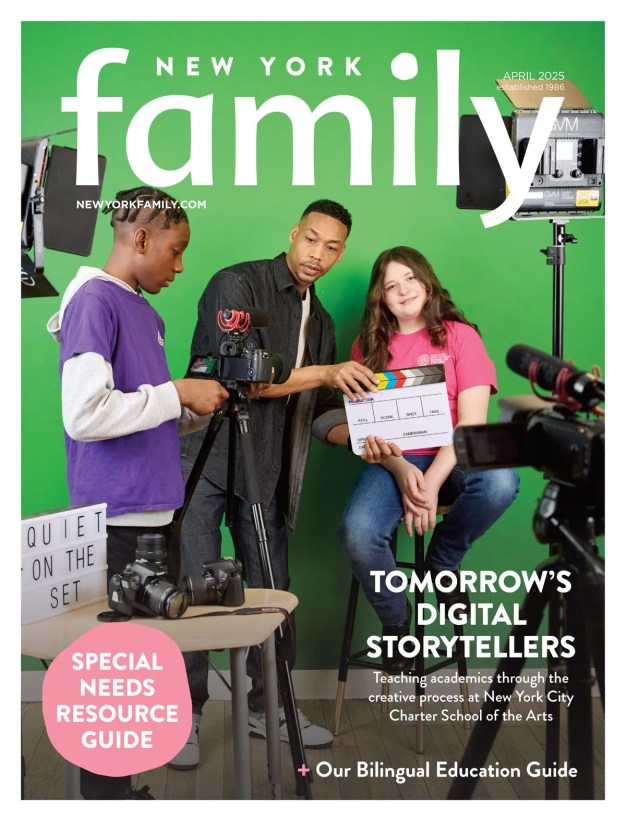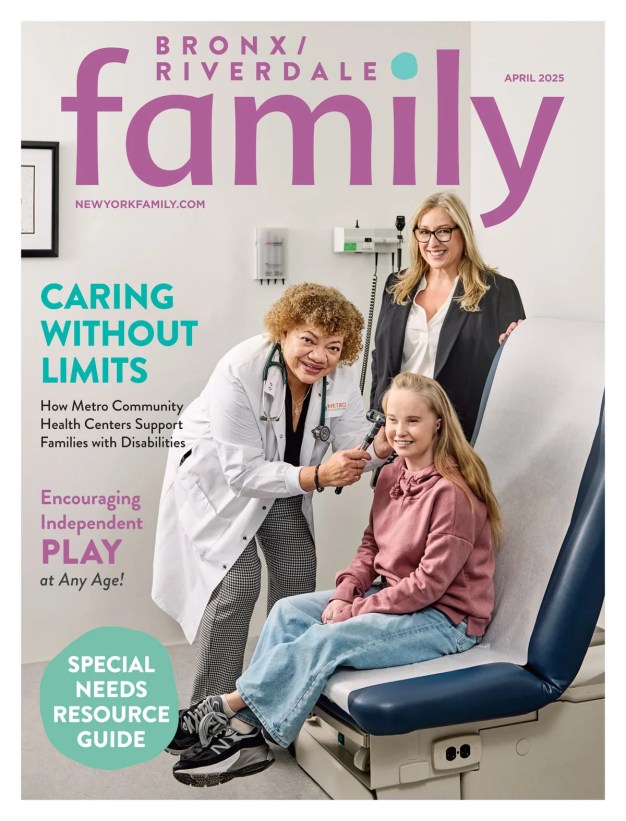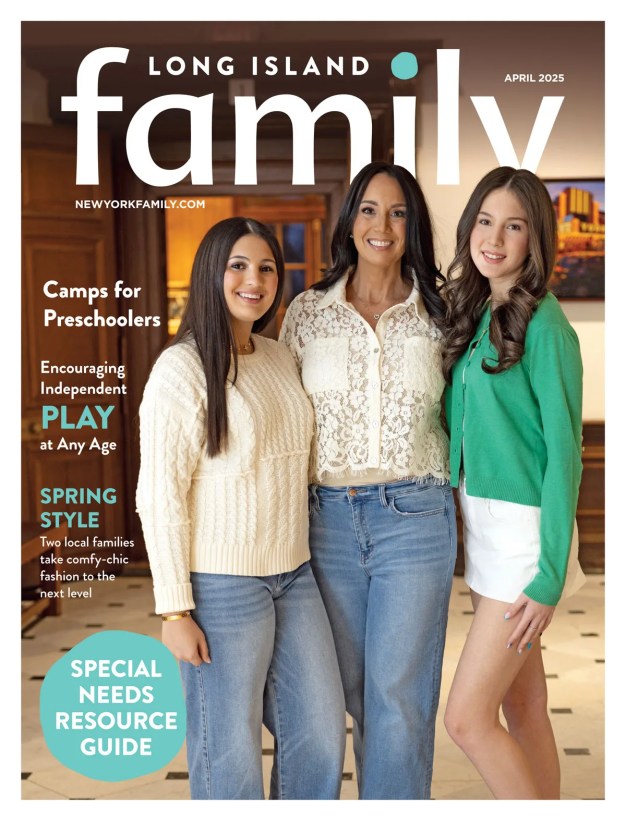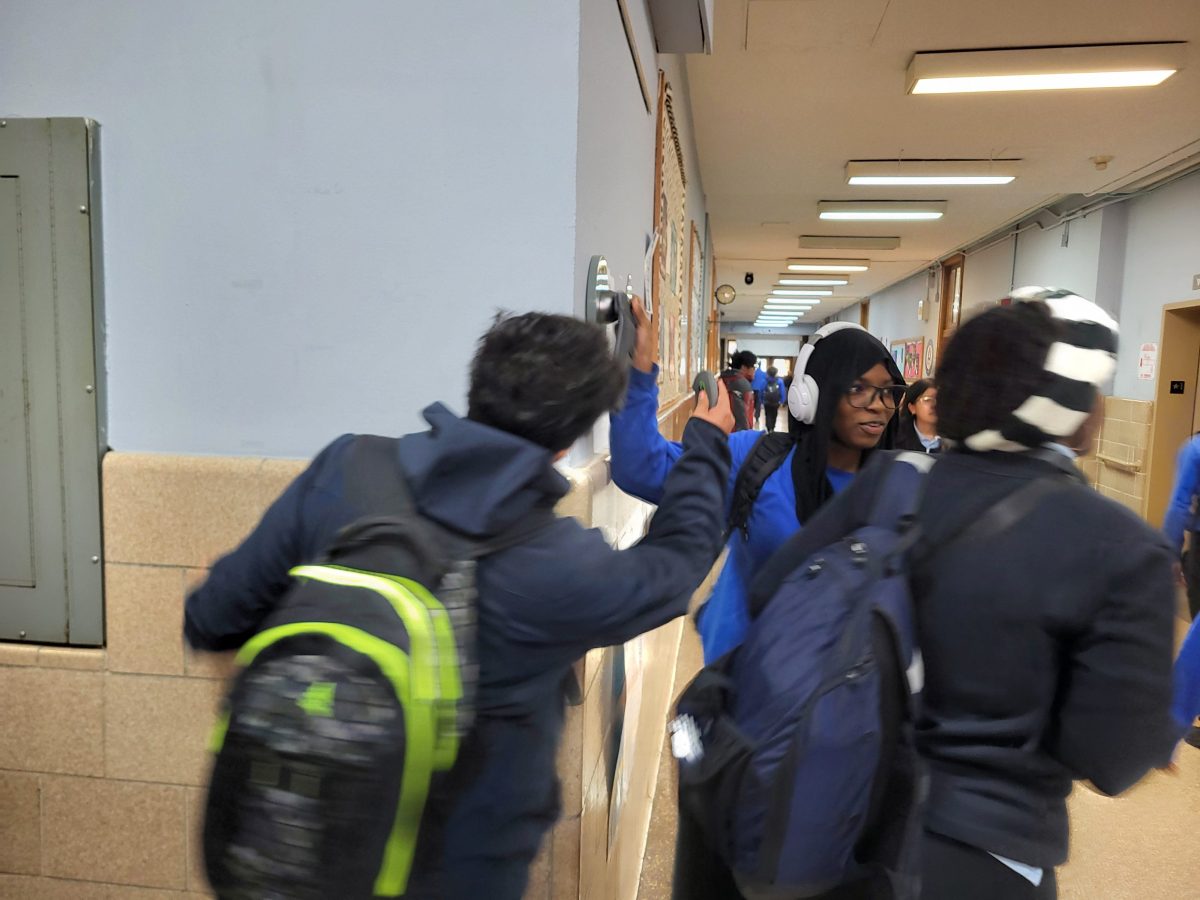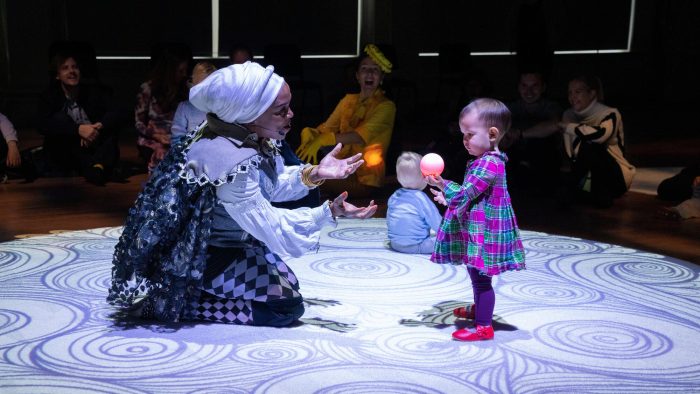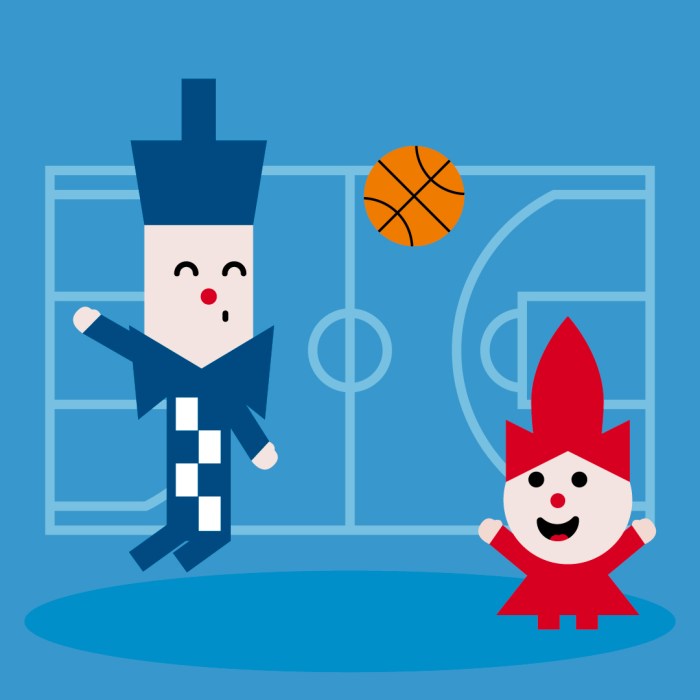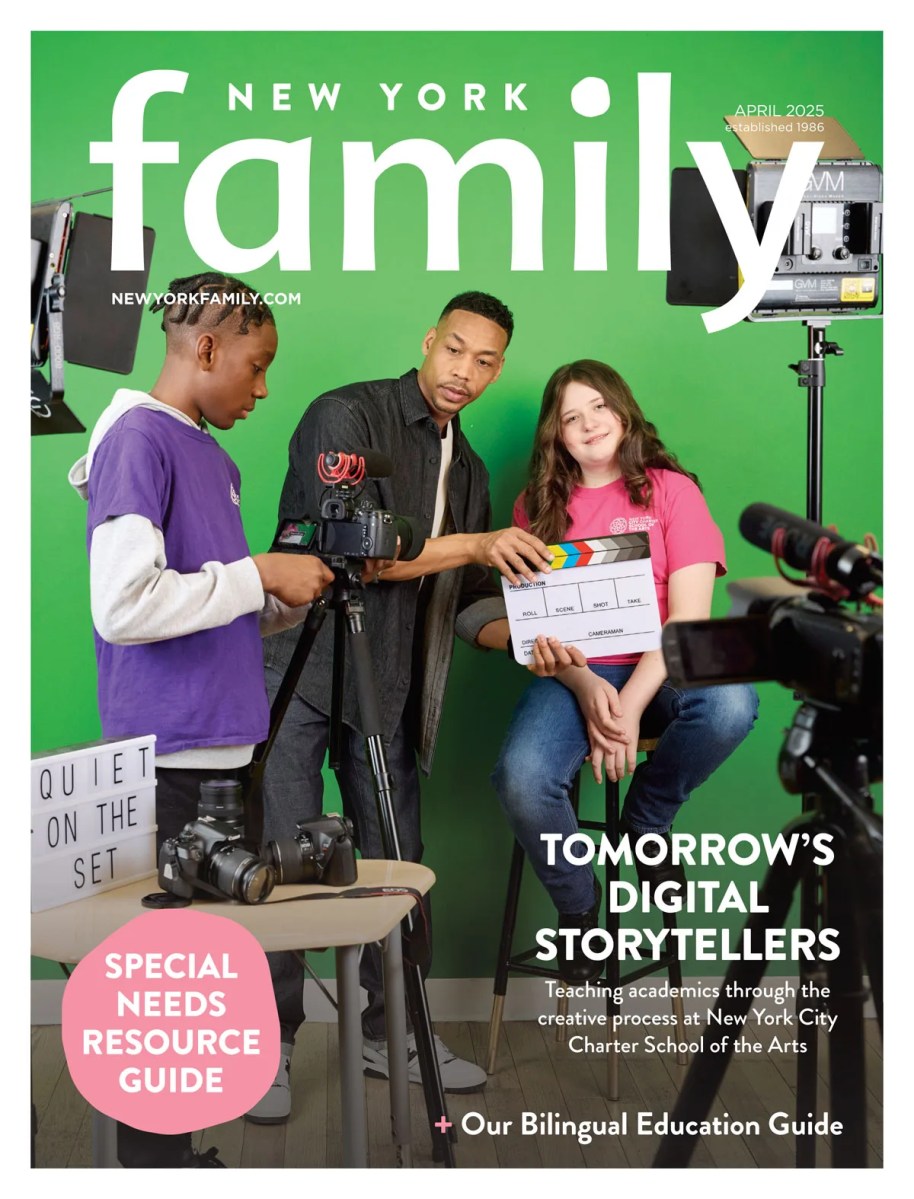 Having spent decades in the classroom as both a teacher and administrator, Jenifer Fox could see that the current education system was flawed. And that problem wasn’t money, test scores, or any of the usual suspects—at least not directly. Schools were spending too much time focusing on children’s academic shortcomings, she realized, and not enough time nurturing their passions and developing their strengths.
Having spent decades in the classroom as both a teacher and administrator, Jenifer Fox could see that the current education system was flawed. And that problem wasn’t money, test scores, or any of the usual suspects—at least not directly. Schools were spending too much time focusing on children’s academic shortcomings, she realized, and not enough time nurturing their passions and developing their strengths.
And so began her Strengths Movement, a philosophy that Fox employs to “help young people discover what their greatest contribution to life is going to be.” In 2008, she released a book, Your Child’s Strengths: Discover Them, Develop Them, Use Them, and has since introduced the core of her strengths-focused ideas to schools and students across the country—and even some in Armenia. These days, she continues to devote her time to giving workshops and speaking with educators about how to best teach children by focusing on what they naturally do best. We caught up with Fox for more about this strategy and for her thoughts on the state of education today.
Why do you think schools spend so much time focusing on children’s weaknesses?
Schools traditionally have believed that kids will advance when they really focus on re-mediating what they can’t do, and so our systems are set up as such…What I’ve observed over 25 years is that when you change the focus—instead of [focusing] on remediation and focusing on what they “can’t do,” —[and] start to spend more time on what they’re really into and love doing, they will often be able to be better at the things they “can’t do” because their energy, time, and focus is more devoted to things that make them engaged in learning.
How did you first implement your Strengths Movement philosophy in a school?
I started it in a girls’ boarding school in New Jersey [the Purnell School], and the girls at that time were struggling. They’d been told their whole lives that they weren’t good enough. We had to find a way to actually help them understand what was good about themselves so they could build on it. And I wanted there to be a whole curriculum on that, not just a sort of sappy self-esteem-building [exercise]… I wrote 100 lesson plans that help people see who they are, help them project into the future how they see themselves as an adult, [and teach them] how to get there.
How did parents and teachers initially receive your method?
When I first implemented it, the parents and students loved it, loved it, loved it. The teachers got it, but they didn’t really start loving it until it started to apply to them. So, I created a whole teacher evaluation system that was [also] strength-based.
Why did teachers have a tougher time accepting it?
I think teachers are taught to believe that it’s their responsibility to have every student pass everything… But what happens is that teachers spend a lot of time on the kids who aren’t quite getting it—oftentimes to the exclusion kids who are just kind of getting it or kids who are just loving it. They figure: ‘Well, they already have it, so they don’t need me.’ Yet the people who are actually going to probably take that subject and make their lives out of it are the people who are excelling at it.
What advice do you have for parents whose kids may not excel in the areas they believe are most important?
Parents need to really take their children for who they are, and the messages they need to give them should be around fulfillment over achievement. I think parents substitute those words by accident. They think they want their children to achieve, [but] really what they want their children to do is be fulfilled.
Why do parents accidentally confuse “fulfillment” and “achievement”?
What [many parents] fail to realize is that much of the unhappiness in the world for adults—people who become workaholics or divorced or depressed—doesn’t come from the fact that [people] didn’t get a high SAT score. They don’t come from the fact that they don’t have high-paying jobs. They come from the fact that there’s a lack of meaning and purpose in people’s lives.
What should parents and teachers do if a child’s weakness is a basic skill like reading or math?
I think it’s the teacher and parent’s obligation to figure out a way to conceptualize those things that the child isn’t drawn to or [doesn’t] have a natural ability in and help them make sense of [them]… Why do you need to learn math? The answer shouldn’t be to get into college. That’s not a good answer.
What can parents do to help kids discover their strengths?
I think parents over-schedule their kids… Kids need a little bit more creative play time and downtime, when they’re not having to be constantly stimulated by an outside rule-based activity, when their imaginations can let them sort of discover the world in front of them.
What would you say to those worried that your approach is too “soft?”
During the ‘80s, we had a huge self-esteem movement [that] ended up praising kids for everything. Everyone gets an award; everyone’s work gets to be told how good it is. And what that does is it waters down quality, obviously. It doesn’t improve self-esteem because people know when they’ve done good work and when they haven’t.
Some people hear what I’m saying as that, but that’s not [it]. What I’m saying is that when you find something that you love to do, that energizes you, that makes you excited, you’re going to stay doing it longer, you’re going to try harder, and you’re going to become better at it… We don’t need a world full of a lot of people who have gone from bad to average. We need people who’ve gone from average to exceptional.
